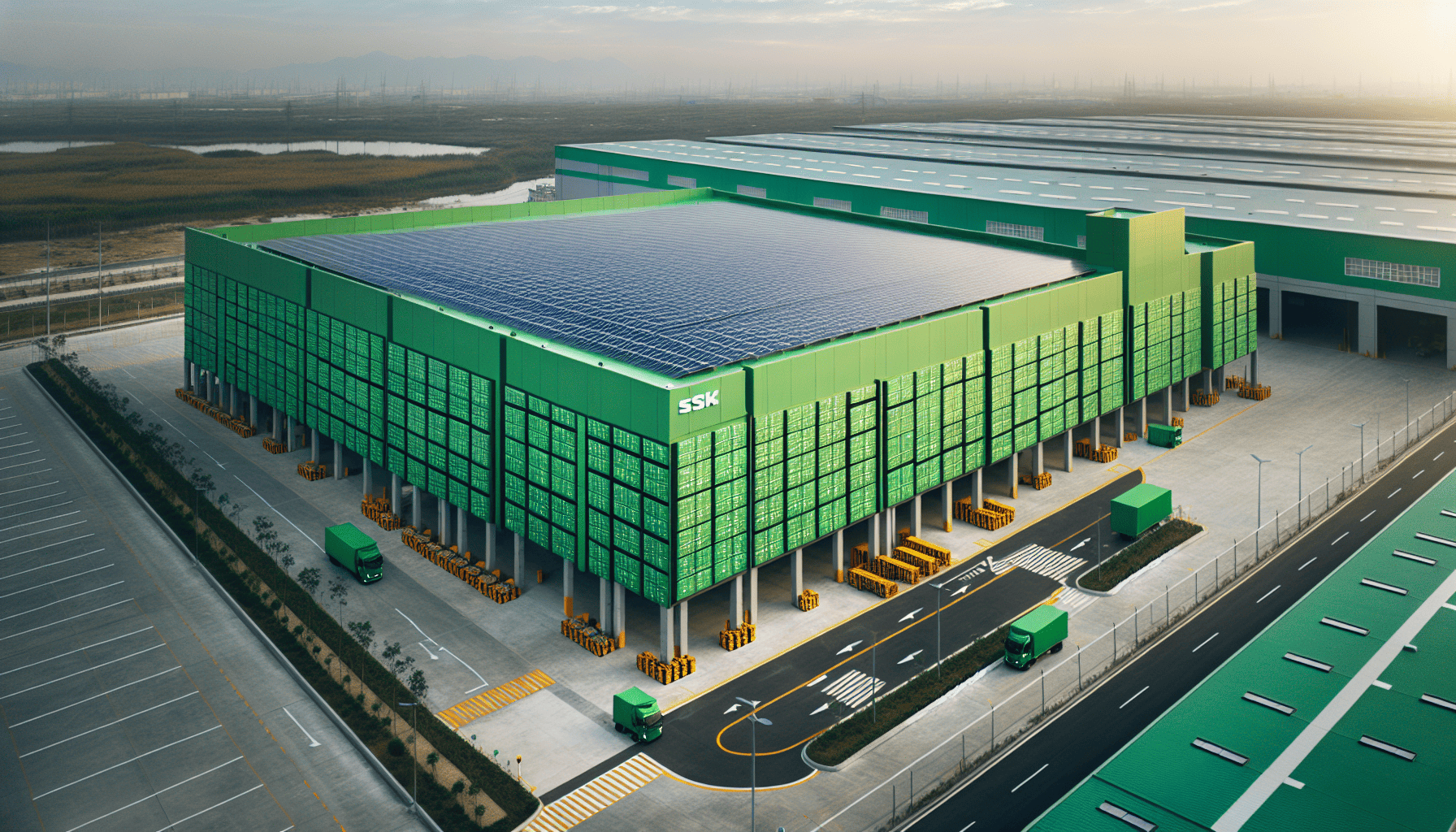In today's rapidly evolving global market, the importance of building a sustainable supply chain is more critical than ever. Businesses around the world are recognizing the need to adapt their supply chain strategies to meet the growing demands for sustainability. Equipment Grainger Shop offers valuable insights into developing supply chains that not only meet current needs but are poised to thrive well into the future.
Understanding Sustainability in Supply Chains
Sustainability in supply chains involves creating systems that are environmentally friendly, economically viable, and socially responsible. It requires a comprehensive approach that encompasses everything from sourcing raw materials to delivering finished products to consumers. Implementing sustainable practices can lead to reduced environmental impact, improved brand reputation, and long-term financial gains.
Key Strategies for Sustainable Supply Chains
-
Energy Efficient Operations
One of the first steps towards a sustainable supply chain is enhancing energy efficiency. This can be achieved by optimizing logistics operations to reduce fuel consumption and implementing energy-saving practices in production facilities. For instance, upgrading to energy-efficient machinery and embracing renewable energy sources can significantly cut down on carbon emissions.
-
Ethical Sourcing of Materials
Ethical sourcing ensures that the materials used in production are obtained responsibly. This includes working with suppliers who follow environmentally safe practices and treat their workforce fairly. By prioritizing ethical sourcing, companies can avoid potential disruptions and build a positive relationship with consumers who value corporate responsibility.
-
Waste Minimization
Reducing waste is a fundamental aspect of sustainability. Companies can adopt lean manufacturing techniques to minimize waste in production processes. Recycling and reusing materials wherever possible also contribute to reducing the environmental footprint of supply chains.
-
Technology Integration
Leveraging technology is vital for modernizing supply chains. Advanced software solutions can help in real-time tracking of inventory, predicting demand accurately, and managing logistics more efficiently. By integrating IoT devices and data analytics, businesses can achieve greater transparency and efficiency, leading to more informed decision-making regarding sustainability.
-
Collaboration and Innovation
Building a sustainable supply chain often requires collaboration with partners, suppliers, and even competitors. By sharing best practices and innovative solutions, industries can collectively move towards a more sustainable future. Innovation, driven by cross-industry partnerships, can lead to the development of new products and processes that are inherently sustainable.
The Role of Consumers
Consumers play a crucial role in the transition to sustainable supply chains. As awareness of environmental issues grows, many consumers are making purchasing decisions based on the sustainability practices of companies. Businesses that actively communicate their commitment to sustainability can build strong consumer loyalty and differentiate themselves in a competitive market.
Future Outlook
The future of supply chains is undoubtedly intertwined with sustainability. Companies that proactively integrate sustainable practices are likely to experience multiple benefits, including cost savings, improved risk management, and enhanced brand value. Equipment Grainger Shop's insights highlight the importance of sustainability as not just a trend, but a fundamental component of successful business strategies.
By prioritizing sustainability, businesses are not only contributing to a healthier planet but are also paving the way for future growth and innovation. As we continue to embrace sustainable practices in supply chains, we are collectively moving towards a cleaner, more equitable world for generations to come.
